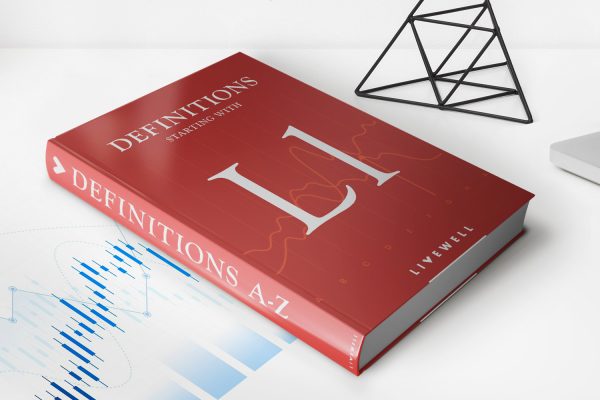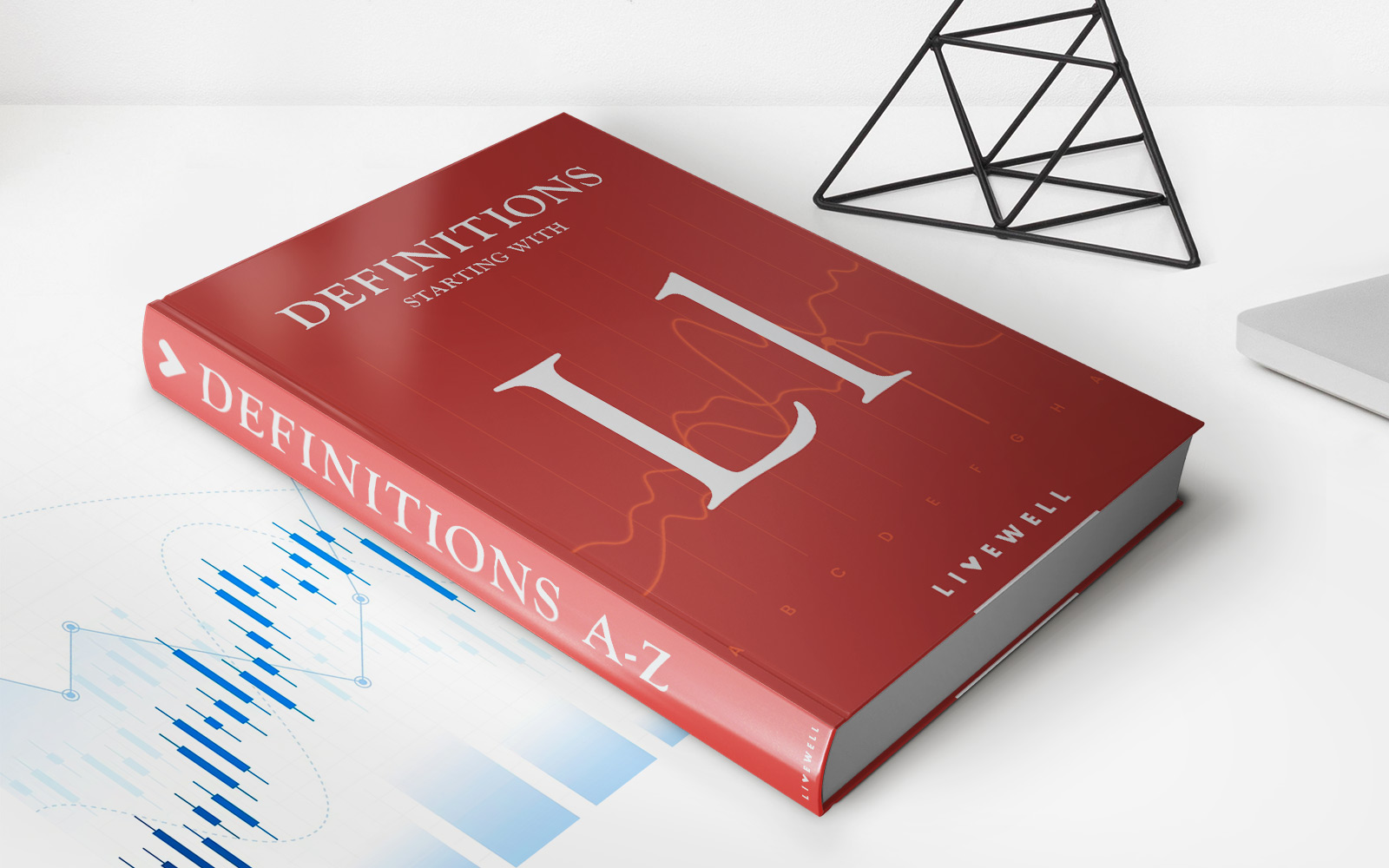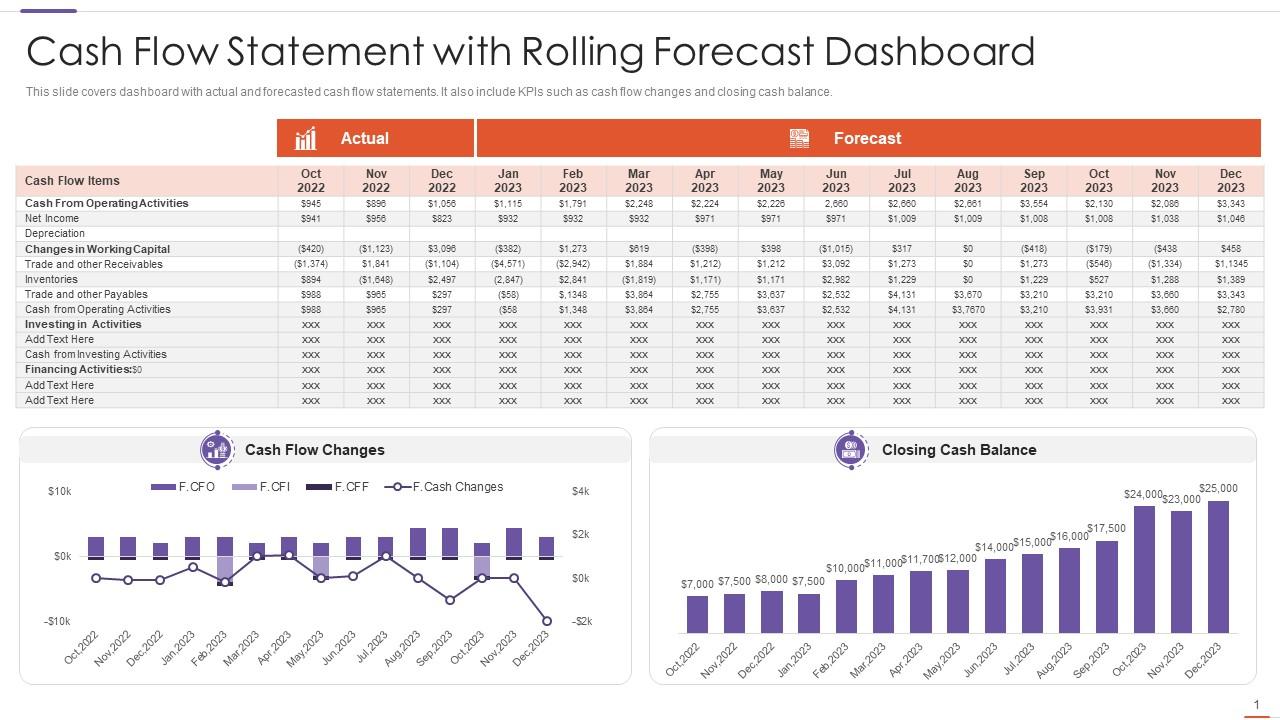Home>Finance>Lenders: Definition, Types, And How They Make Decisions On Loans


Finance
Lenders: Definition, Types, And How They Make Decisions On Loans
Published: December 17, 2023
Learn about lenders in finance, including their definition, various types, and how they make decisions on loans. Gain insights into the world of lending and make informed financial decisions.
(Many of the links in this article redirect to a specific reviewed product. Your purchase of these products through affiliate links helps to generate commission for LiveWell, at no extra cost. Learn more)
Lenders: Definition, Types, and How They Make Decisions on Loans
Are you considering taking out a loan? Understanding lenders and how they operate is crucial for making informed financial decisions. In this blog post, we will explore the definition of lenders, the different types available, and how they make decisions on loans. By the end, you’ll have a better grasp of the lending landscape and be well-equipped to approach lenders for your financial needs.
Key Takeaways:
- Lenders are individuals or institutions that provide funds to borrowers, typically in the form of loans.
- There are various types of lenders, including traditional banks, credit unions, online lenders, peer-to-peer lending platforms, and private lenders.
Understanding Lenders:
Lenders are entities that offer financial assistance to individuals, businesses, or organizations in the form of loans. They provide the funds needed for purchases, investments, or any financial requirement that requires upfront capital. Different lenders have varying criteria, terms, and interest rates, so finding the right lender is essential to ensure favorable loan terms.
Types of Lenders:
Let’s take a closer look at the different types of lenders:
- Traditional banks: Traditional banks are often the first choice for borrowers due to their well-established reputation and full range of financial services. These banks offer personal loans, mortgage loans, business loans, and more. Their decision-making process is generally strict, relying heavily on credit scores, income, and financial history.
- Credit unions: Credit unions are member-owned financial cooperatives that offer similar services as banks. However, they operate on a not-for-profit basis and often provide more personalized services. Credit unions tend to have more lenient lending criteria, making them a good alternative for borrowers with less-than-perfect credit scores.
- Online lenders: Online lenders have gained popularity in recent years due to their convenience and accessibility. These lenders operate solely online and often offer quick loan approvals with minimal paperwork. They cater to borrowers with various credit scores, making them a viable option for individuals who may not meet traditional bank requirements.
- Peer-to-peer (P2P) lending platforms: P2P lending platforms connect borrowers directly with investors willing to lend money. These platforms act as intermediaries, facilitating the loan process. P2P lenders often consider factors beyond credit scores, such as the borrower’s story and purpose for the loan.
- Private lenders: Private lenders can be individuals or companies that offer loans outside the traditional banking system. These lenders often provide loans with more flexible terms, but they may come with higher interest rates due to the perceived higher risk involved.
How Lenders Make Loan Decisions:
Lenders evaluate a range of factors to make decisions on loan approvals. The most common criteria include:
- Credit score: Lenders assess borrowers’ credit scores to determine their creditworthiness. A higher credit score generally indicates a lower risk of default.
- Income and employment: Lenders analyze borrowers’ income levels and employment history to ascertain their ability to repay the loan.
- Debt-to-income ratio: Lenders calculate the ratio of a borrower’s monthly debt payments to their monthly income. A lower ratio suggests better financial stability and a higher chance of loan approval.
- Collateral: Secured loans require collateral, such as a property or vehicle, which lenders can take possession of if the borrower defaults. Collateral provides lenders with an added layer of security.
- Loan purpose: Some lenders consider the purpose of the loan when making decisions. For example, business loans may require a detailed business plan, while personal loans may have fewer restrictions.
Conclusion
Choosing the right lender is crucial when seeking financial assistance. Understanding the different types of lenders and how they make loan decisions will help you navigate the lending landscape with confidence. Remember to consider your specific financial needs, creditworthiness, and loan terms offered by various lenders before settling on the right one for you. By doing so, you can secure a loan that aligns with your financial goals and enables you to achieve your objectives.
Key Takeaways:
- Lenders offer financial assistance in the form of loans.
- Types of lenders include traditional banks, credit unions, online lenders, peer-to-peer lending platforms, and private lenders.














